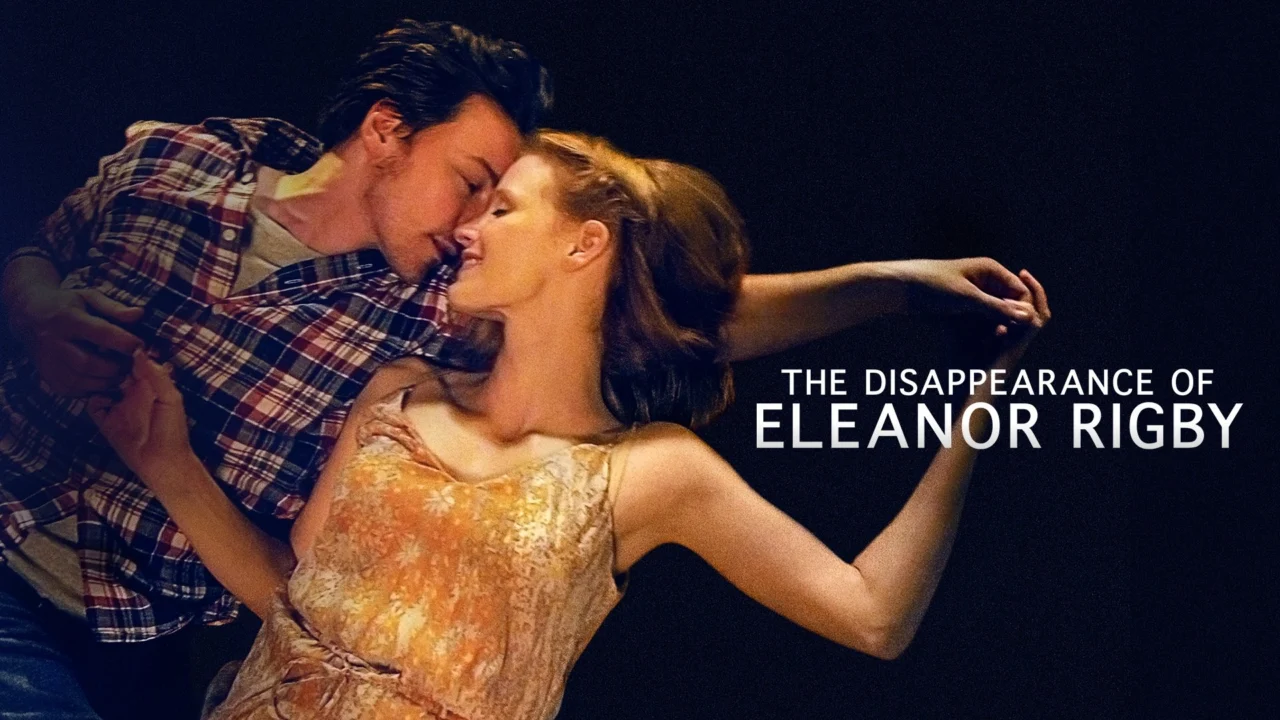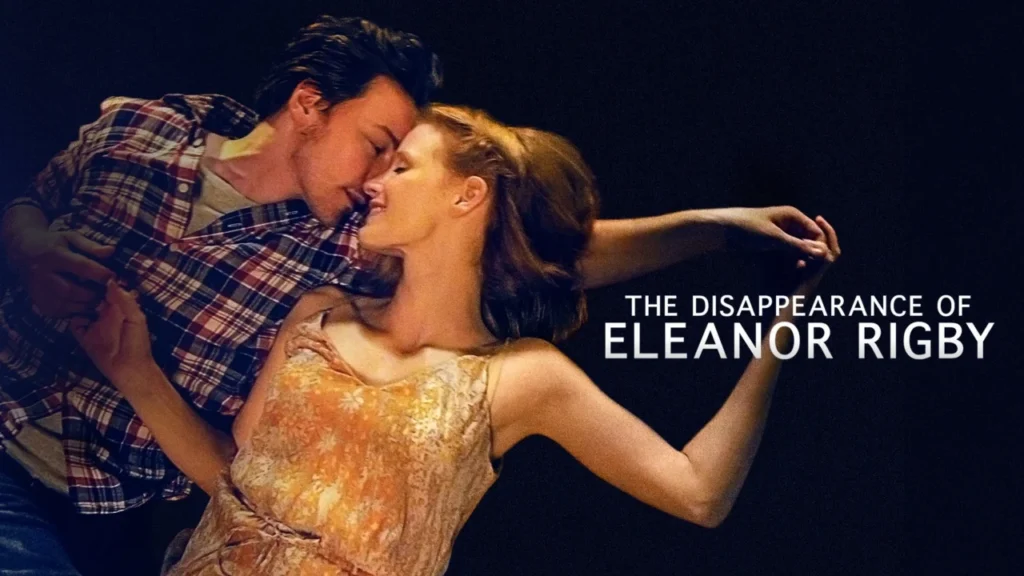
The Disappearance of Eleanor Rigby: REVIEW: Why This Heartbreaking Drama Still Matters
When Ned Benson decided to make his directorial debut, he chose one of cinema’s most challenging subjects – how couples survive unimaginable loss. Starring Jessica Chastain and James McAvoy, this drama brings together powerhouse talent including Viola Davis and Isabelle Huppert.
What started as an experimental two-part project became “Them” – a single film that merges both husband’s and wife’s perspectives. This unique approach gives us a complete picture of how the same tragedy affects two people differently.

A Story That Hits Hard
Set in New York City, we meet Conor and Eleanor, whose perfect marriage shatters when they lose their young child. The story doesn’t rush through grief or offer quick fixes – instead, it shows us the messy, complicated reality of loss.
Eleanor runs away completely, returning to her childhood home and enrolling in college classes. Conor stays behind, clinging to familiar routines while their shared apartment becomes a painful reminder of everything they’ve lost together.

Powerhouse Performances
Jessica Chastain transforms completely as Eleanor, capturing someone who’s emotionally numb yet desperately searching for meaning. She avoids the typical “grieving mother” clichés, instead creating a character who feels refreshingly real and complex.
James McAvoy brings incredible vulnerability to Conor, showing us a man who’s falling apart but trying to hold everything together. His performance reveals how grief affects men differently, without ever feeling forced or artificial in its emotional honesty.

Visual Poetry in Motion
Benson’s camera work feels intimate without being intrusive. He understands that less can be more, letting quiet moments speak louder than dramatic outbursts. The New York locations become characters themselves, reflecting the couple’s emotional landscape.
I was impressed by how every shot serves the story’s emotional core. Nothing feels showy or self-indulgent – the visual style always supports the characters’ journey rather than distracting from their pain.
The Good and The Challenging
This film’s biggest triumph comes from its refusal to sugarcoat grief’s reality. There’s no magical healing moment or convenient resolution – just two people slowly learning to exist in their new normal.
The authentic dialogue never feels written; it sounds like real conversations between real people. However, I noticed some viewers struggle with the deliberate pacing, especially those expecting traditional Hollywood drama structures.
What Didn’t Always Work
Sometimes the film’s experimental origins show through awkward transitions between perspectives. Certain scenes feel slightly disconnected, as if they belonged in separate movies rather than one cohesive narrative.
I also found that some emotional moments don’t land as powerfully as they should. The film occasionally keeps us at arm’s length when we need to feel closer to these characters’ experiences.
Critics and Audiences Weigh In
Professional reviewers gave the film moderate praise, with most acknowledging its ambitious scope while noting execution issues. The film earned decent scores across major review platforms, though reactions remained divided.
Audience responses varied widely – some found it deeply moving while others felt emotionally distant from the characters. The film definitely works better for viewers who appreciate subtle, character-driven storytelling over plot-heavy narratives.
My Take on This Unique Film
“The Disappearance of Eleanor Rigby: Them” attempts something genuinely difficult in modern cinema – showing grief without exploitation. While it doesn’t always succeed perfectly, the effort itself deserves recognition and respect.
The performances carry this film through its weaker moments, and Benson shows real potential as a filmmaker. It’s not an easy watch, but it’s an honest one that respects both its characters and audience intelligence.
Rating: 3.5/5










